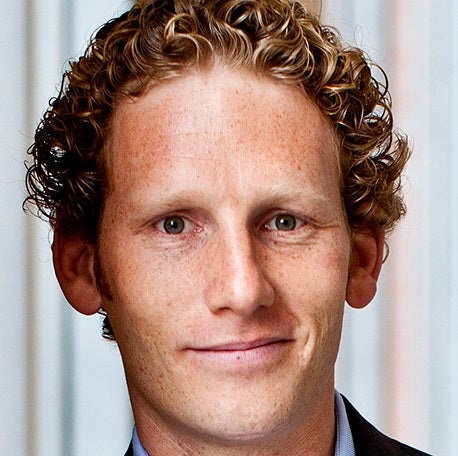Q&A with Dr. Jonah Berger on New Book “Magic Words”

Jonah Berger, PhD, an associate professor at Wharton and CHIBE-affiliated faculty member, has a new book out called “Magic Words: What to Say to Get Your Way.” The book, which was released on March 7, 2023, explains how language can be used to change people’s minds, engage audiences, and make you more influential in life.
CHIBE spoke with Dr. Berger for a Q&A on his new book.
What made you want to write this book?
Almost everything we do involves words. From emails and PowerPoints to phone calls and pitch meetings, words are how we persuade, communicate, and connect. Yet certain words are more impactful than others. They’re better at changing minds, engaging listeners, and driving action. What are these magic words, and how can we take advantage of their power?
Could you provide one tip or fun fact from your book that you find especially intriguing or helpful?
Words do more than just convey information. They signal who’s in charge, who’s to blame, and what it means to engage in a particular action. Consequently, by harnessing the language of identity, we can encourage desired actions, both in ourselves and others. When asking people to do things, for example, we often use verbs. “Can you help me revise this PowerPoint deck,” for example, or “please turn out and vote.”
But a simple shift can increase our influence. Rather than asking people to “help,” a 2014 study found that asking them to be a “helper” increased helping by almost a third. Rather than asking people to “vote,” research published in PNAS founds that asking them to be a “voter” increased turnout by 15%.
Everyone wants to see themselves positively. Consequently, framing certain actions (e.g., helping or voting) as opportunities to confirm desired identities (i.e., being a helper or voter) encourages people to behave accordingly. Turning actions into (desired) identities makes people more likely follow our request.
Do you personally word things differently after writing this book?
Certainly. Makes me think a lot every time I write an email or give a talk.
Do you have some general tips around the right or wrong ways to ask questions?
Take asking for advice. People are often wary of asking others for help. We don’t want to bother them, and we worry they’ll think less of us. We worry that asking for advice will make us look incompetent or that we don’t know what we’re doing. So we skip it altogether.
But this intuition is misguided. Because rather than being seen negatively, people who ask for advice are actually seen as more capable, skilled, and qualified. And it has everything to do with how asking for advice makes the people who are asked feel.
People like feeling smart. They like feeling like other people think they’re knowledgeable or have valuable things to say. So asking for advice makes us seem more competent because it makes the people we ask feel good about themselves – like people think their advice is worth asking for. So rather than thinking we’re incompetent or stupid for asking for asking, advice givers draw a very different conclusion: “Of course my opinions are valuable, so this person is smart for asking for them.”
Are there insights from your book that could help clinicians in their conversations with patients? Do you think showing more confidence with your words might make a patient more likely to follow medical advice, for example?
Certain language can be quite persuasive. It’s hard to know for sure what the right course of action is, but if someone speaks with certainty, it’s harder to believe they could be wrong. After all, they just seem so confident.
Learn more about Dr. Berger here on his website, and buy his book “Magic Words” on Amazon here.